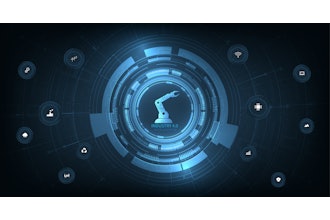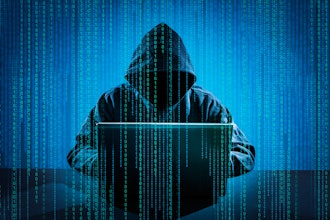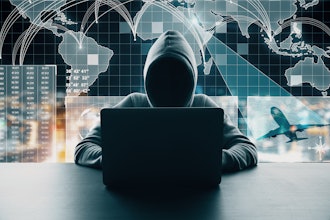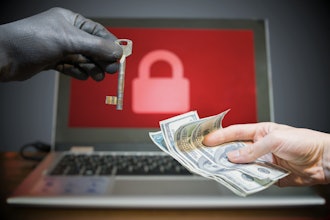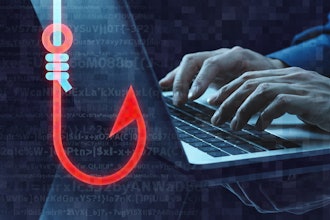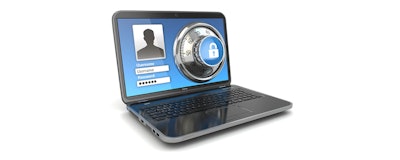
SPRINGFIELD, Ill. (AP) — Democratic lawmakers in Illinois are considering implementing their own internet safeguards at the state level after Republicans in Washington voted to roll back Obama-era internet privacy protections that were to take effect later this year.
An Illinois House committee on Thursday endorsed two online privacy measures, including one that would allow people to find out what information companies such as Google and Facebook have collected on them and which third parties they share it with. California enacted a similar measure in 2005.
Privacy advocates say such state protections are needed, particularly given what's happening in Washington, where the Republican-controlled Congress voted to block broadband privacy regulations issued during the end of the Obama administration. President Donald Trump has indicated he will sign the measure.
Those regulations placed restrictions on what companies such as Comcast and Verizon can do with information including user search histories, not websites. But privacy advocates say the move sends a clear signal that it's up to individual states to step up.
"People are looking to us now to provide protections for consumers," state Rep. Arthur Turner, a Chicago Democrat who proposed the "right to know" bill, said during Thursday's hearing.
The tech industry is largely against the proposed requirements, saying they would burden companies with an unnecessary layer of regulation and compliance costs, and that they'd stifle innovation.
Tyler Diers, a spokesman for the Illinois Chamber of Commerce, said the proposal treats basic information such as names, addresses and phone numbers as "highly sensitive," extending requirements beyond corporate tech giants to other businesses like restaurants that offer online ordering services.
Carl Szabo, senior policy counsel at the online business trade group NetChoice, testified at the House hearing that consumer privacy is already protected under laws such as Illinois' 2008 Biometric Information Privacy Act and existing federal law requiring privacy policies.
"This is not a zero-sum game of privacy," Szabo said.
Supporters dismiss the argument that such protections would be burdensome, pointing out that similar requirements in the European Union and California have not stifled business.
They also point to the overwhelming support the proposal has garnered. The committee received notices from more than 1,000 people and organizations in support of the House bill — largely from private individuals. Only 32 were submitted in opposition.
State Sen. Michael Hastings, a Tinley Park Democrat who sponsored a corresponding Senate measure awaiting a vote on that chamber's floor, said lobbyists representing corporate giants including Apple, Amazon and Microsoft have visited his office to discuss the bill and their usage of user data.
"It may be good for the Apples, the Amazons of the world, but it's not good for people," Hastings said.
Ed Yohnka, a spokesman for the American Civil Liberties Union's Illinois chapter, told The Associated Press that legislation like this is necessary to address the now "razor-thin" division between government and private entities, which can sell data to federal agencies.
"This is a new age and privacy really means a completely different thing," Yohnka said.
The other internet privacy bill OK'd by the committee would require mobile applications that track user locations to get permission first and outline how that data will be used.
___
The bills are SB1502, HB2774 and HB3449.









